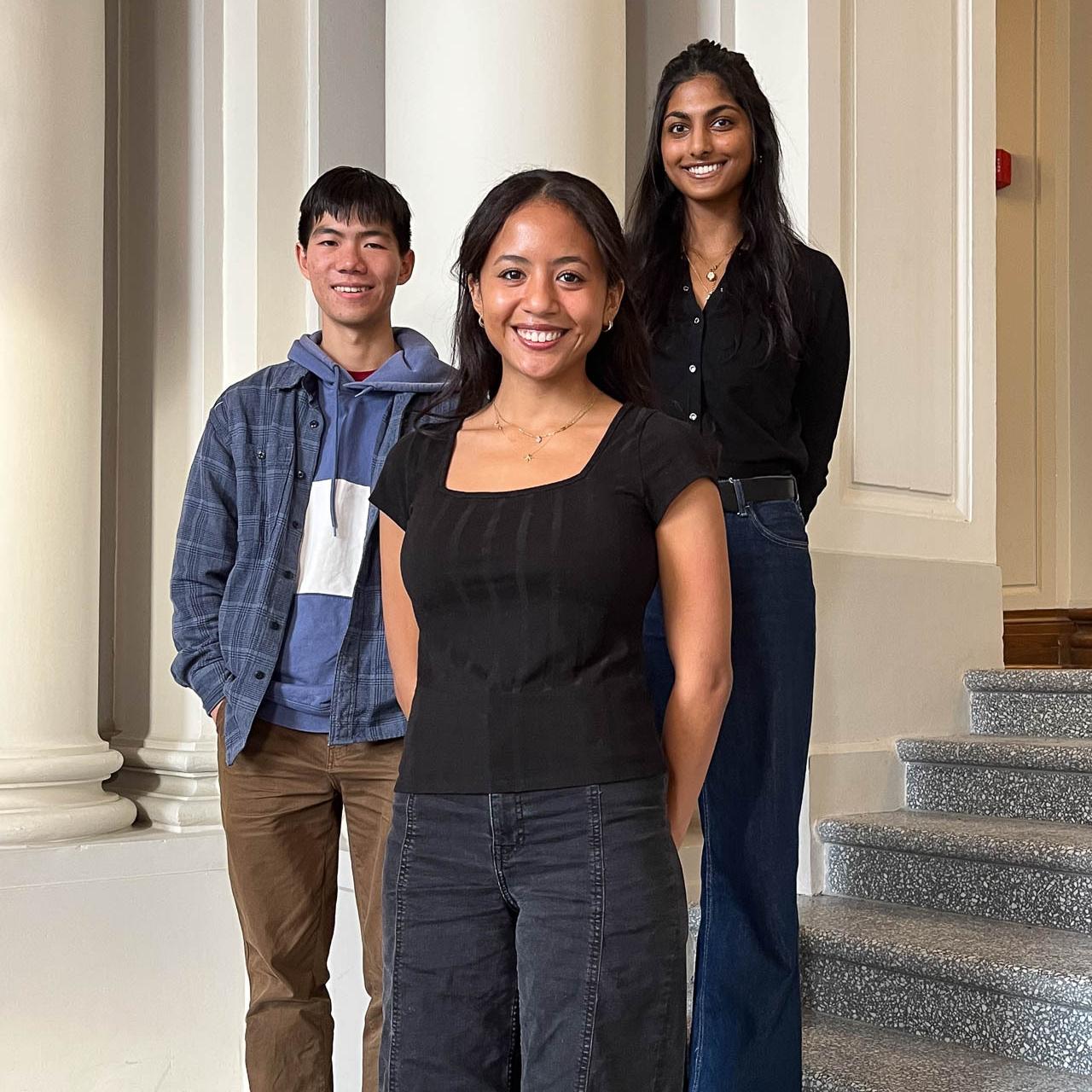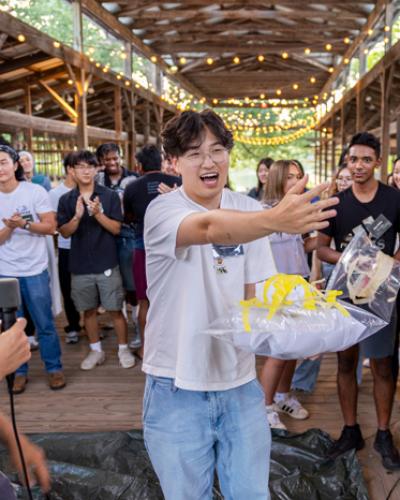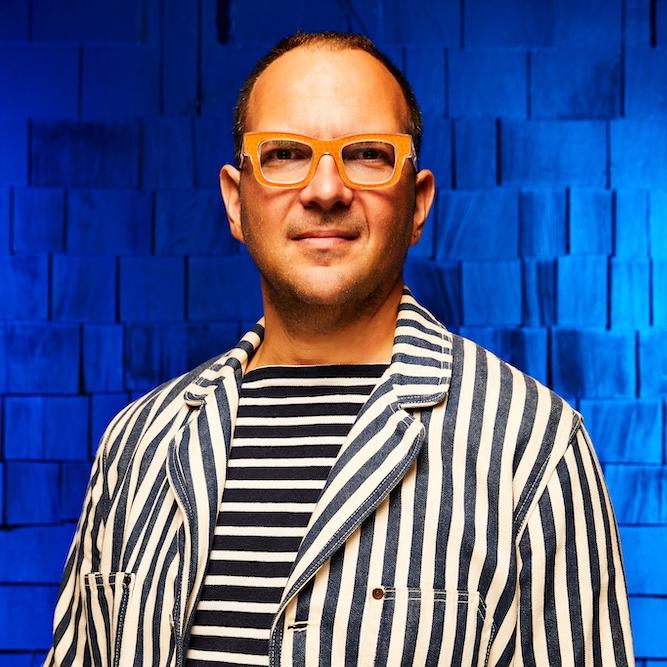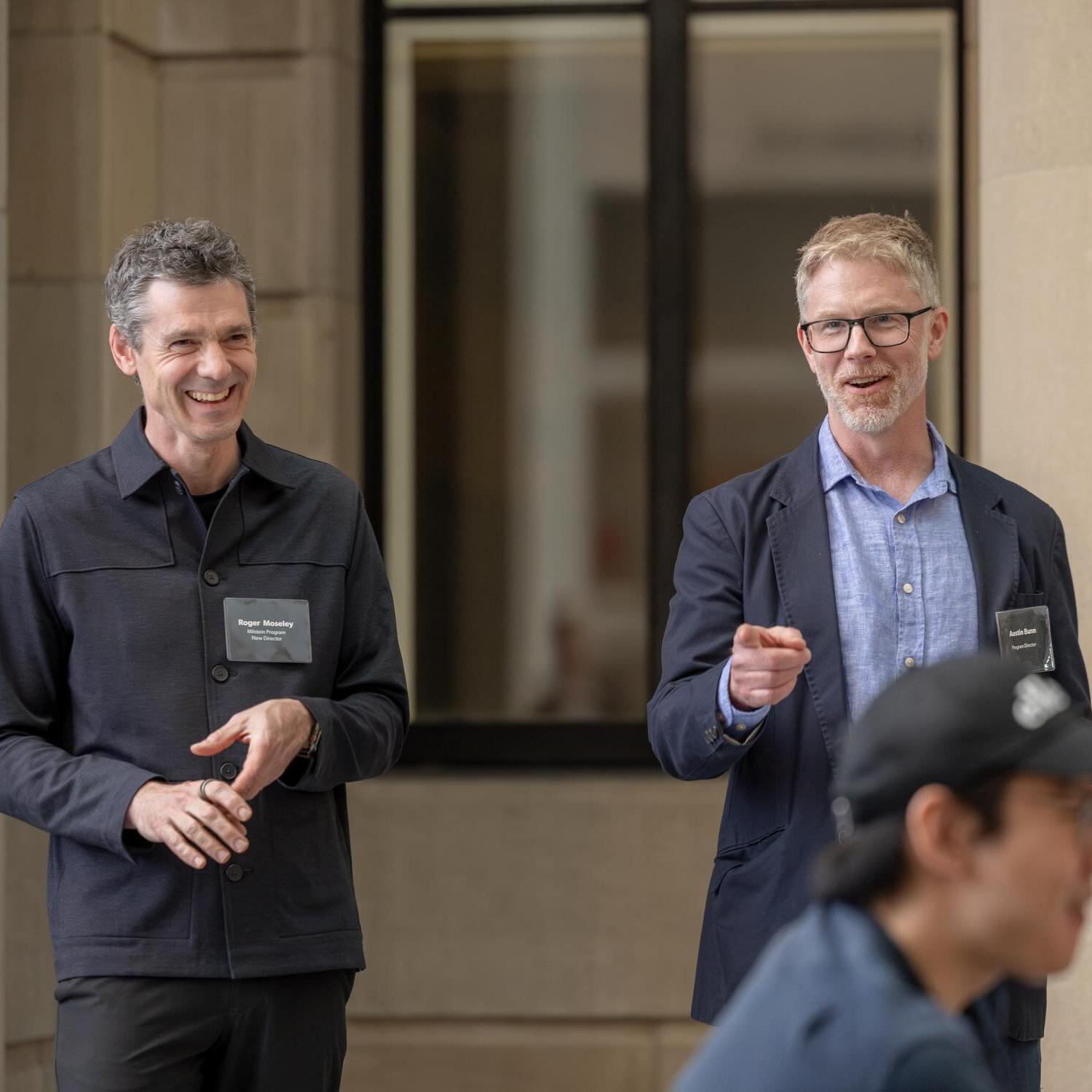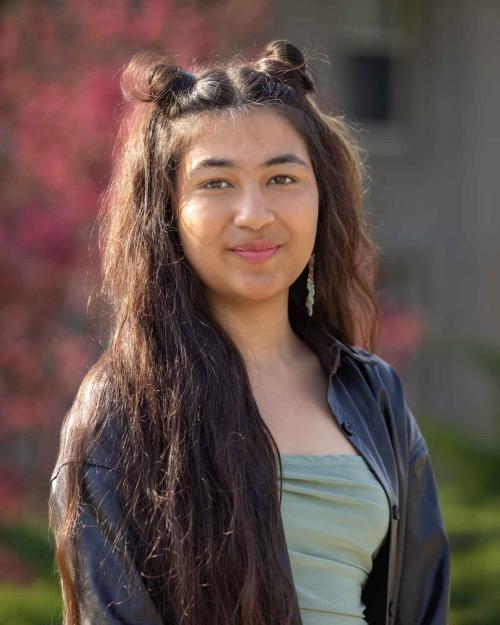Pareesay Afzal
Comparative Literature
Multan, Pakistan
Why did you choose Cornell?
I came in to Cornell as a biological engineering major; however, the access to resources that facilitate critical interrogation of systems of power at this school encouraged me to pivot toward a humanities major, with minors in migration studies, music and law and society. Unfortunately, such resources, e.g. extensive libraries and institutional logins on journal databases, are not democratically accessible to my peer scholars in the Global South, so, being here at Cornell I strive to make the most out of studying with and against these knowledge systems to be in a better position to give back to my Global South communities.
What is your main extracurricular activity and why is it important to you?
In Spring 2023, I founded the Mulmul Collective, a collective and magazine that centers literature, art and culture from areas impacted by colonialism, imperialism and cultural erasure. Since migrating to the U.S., I have desired to stay in tune with the knowledge systems stored in my mother tongues of Siraiki, Punjabi and Urdu, while English remains the functional language. Learning Farsi at Cornell too, helped me connect with the pre-colonial cultures of South Asia when Farsi was commonly spoken before the British ban on the language. Thus, driven by the notion of language as culture being the collective memory bank of a people’s experience in history (Ngũgĩ wa Thiong'o), my peers and I at Mulmul strive to help students tend to their cultural roots and connect with shared histories through the celebration of multilingual, multimedia art and culture. We hold regular film screenings, poetry recitations and community meals, for example, an all-femme Iftar (breaking of fast in Ramadan).
What Cornell memory do you treasure the most?
To have shared a space and conversation with Kimberle Crenshaw was my most memorable 15 minutes at Cornell so far. Along with my coworker, I interviewed Crenshaw for the Gender Equity Resource Center, where I have been the programming coordinator and digital communications coordinator since fall 2023. As a humanist and aspiring lawyer, I am forever inspired by Crenshaw’s carriage of both humanities and legal hats, and her commitment to materializing invisible oppressive structures through language. Talking to her about that, and her experience at Cornell, was equal parts fangirling and heart-opening for me.
What have you accomplished as a Cornell student that you are most proud of?
I am proud to have continued the cultivation of The Lodge — an off-campus, independent, tenant-owned house — as a collective for low-income queer and trans people of color as its co-president in 2024. Helping the Lodge transition into a community space post-Covid, whether that is through renting out our basement to mission-aligned organizations for events, or inviting guest speakers like Bella Sin and Dr. Lady J to Cornell, or offering it as a space for an all-femme Iftar, has been my contribution to its aspiring non-profit status. At Cornell, my independent research with Prof. Jane Juffer to generate content for the Batavia anti-detention teach-in I helped organize, as well as my appointment as an undergraduate migrations scholar through the Einaudi Center, felt like a culmination of my interdisciplinary migration studies at Cornell, helping me bring elements of the classroom to an activism space and vice versa.
Who or what influenced your Cornell education the most?
In one of my first-year classes, Prof. Parisa Vaziri introduced us to Sylvia Wynter’s essay, "Unsettling the Coloniality of Being/Power/Truth/Freedom." This essay was divinely timed for my reading as a “marginalized scholar” at Cornell, helping me realize that critical to academia itself is the criticism of knowledge systems. In the same vein, my own experiences as a migrant and scholar, as well as queer woman, from a formerly colonized, Global South country has been influential to my purpose and priority at Cornell, a reminder that education is for the empowerment and articulation of the self, an oeuvre that ultimately must lead to the same for others.
Every year, our faculty nominate graduating Arts & Sciences students to be featured as part of our Extraordinary Journeys series. Read more about the Class of 2024.

